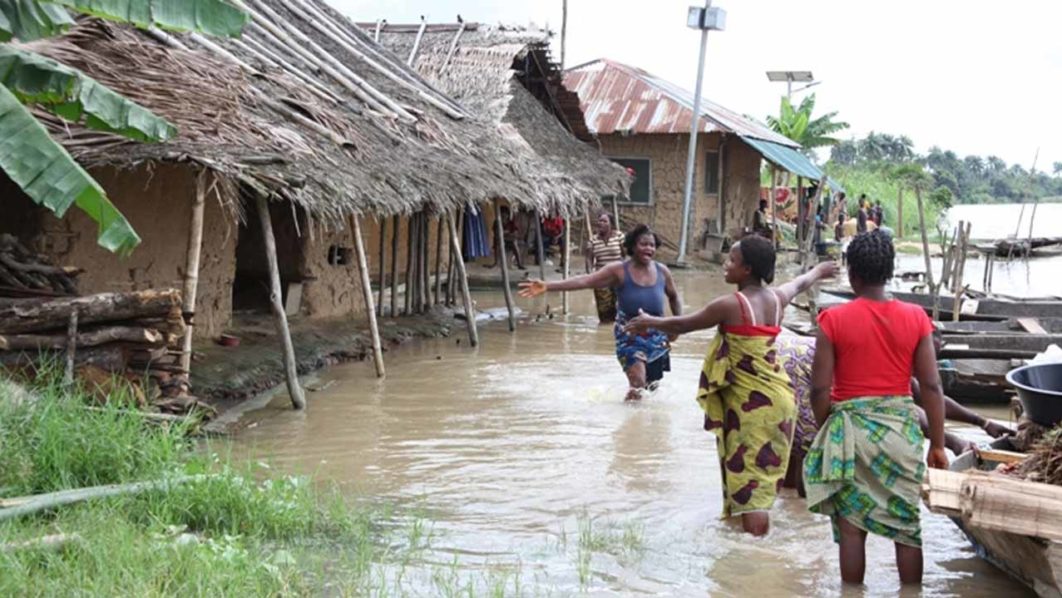
ActionAid Nigeria has raised concern over a recent report that Nigeria will be losing a minimum of N38trillion annually to climate change activities by 2050.
The study conducted by the Foreign Commonwealth and Development Office (FCDO) revealed that climate change activities would cost Nigeria 6 – 30 per cent of its Gross Domestic Product (GDP) by 2050. That is, the country will be losing a minimum of $100 billion (N38trillion) and a maximum of $60billion (170trillion).
The Director of Resource Mobilisation and Innovation ActionAid Nigeria, Andrew Mamedu, disclosed this during the launch of the Earth walk campaign in commemoration of the International Day of Rural women.
He maintained that to demand real climate action, Nigeria joined 32 other countries who have signed on to the campaign to walk 40,000km, signifying the circumference of the earth, saying, “by walking, cycling, swimming, and wheeling, together we are demanding our leaders to step up for climate justice ahead of the 2021 United Nations Climate Change Conference (COP26) in Glasgow, saying this year’s global climate negotiations at the summit in Glasgow is the last chance for world leaders to decide
Lamenting the impact that climate Change has on food security, he noted that smallholder farmers, particularly women, have been devastated by unpredictable climate, falling crop prices, failed intervention promises, and economic tensions that have caused repercussions on the market, and their livelihoods.
Mamedu stated that despite the planet’s capacity to provide sufficient and good food for all, an increasing number of people are not getting enough food and nutrition as COVID-19 pandemic, climate and environmental crises have compounded food insecurity in many parts of Nigeria, and the world, with about 2.4billion people not having access to adequate food in 2020.
He said ActonAid is demanding for sustainable approaches to address land grabbing discriminatory social norms that exclude women from land ownership, as well as other long list of varied cultural practices that inhibit agricultural productivity, saying this will lead to enhanced food security and improved nutrition outcomes.
He said: “Today, ActionAid and partners call on all stakeholders to build on the existing gains and galvanise efforts to promote rural women’s voice and agenda, livelihoods, rights, and resilience to ensure that women can continue to cultivate good food for all.”






